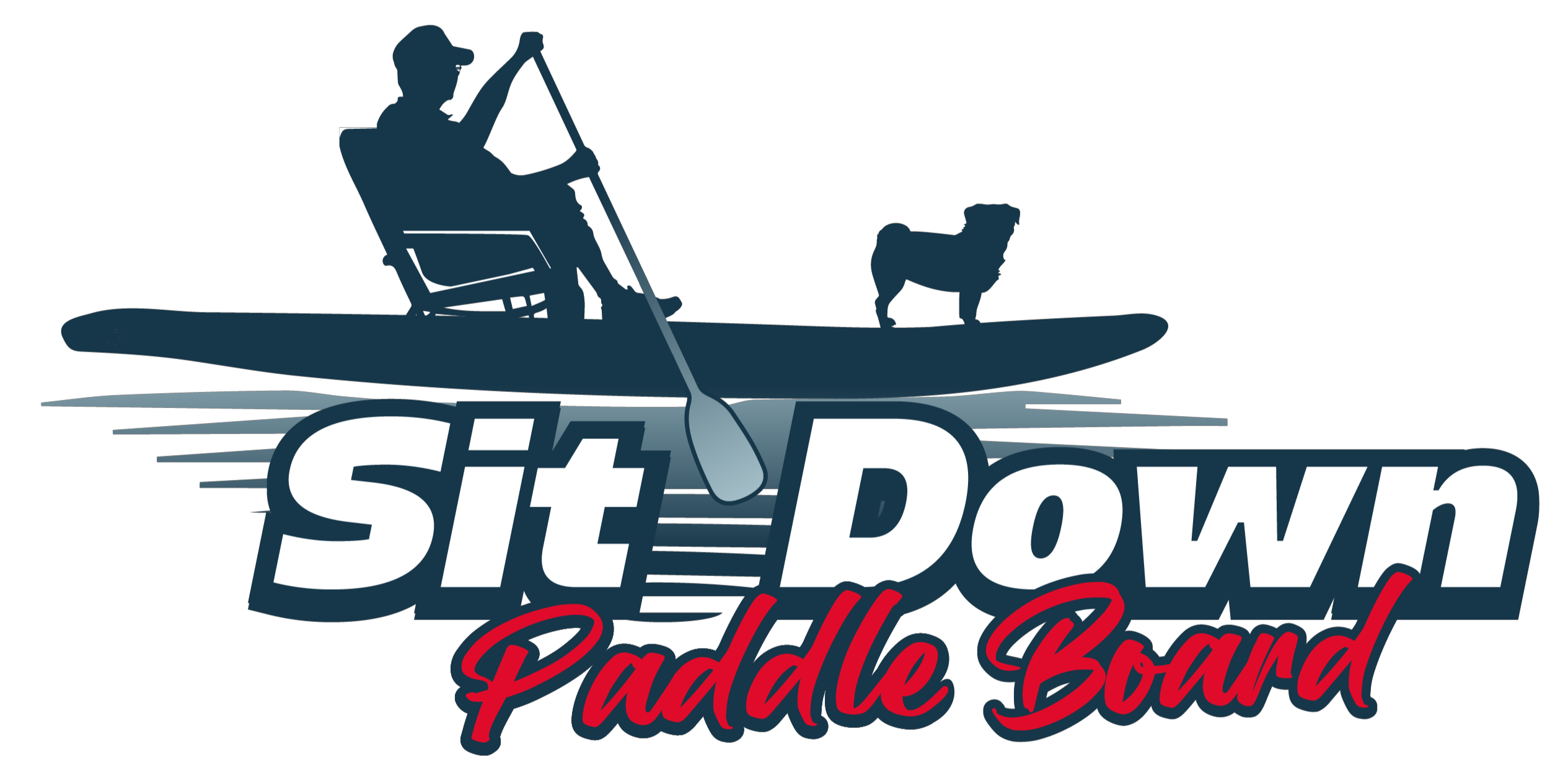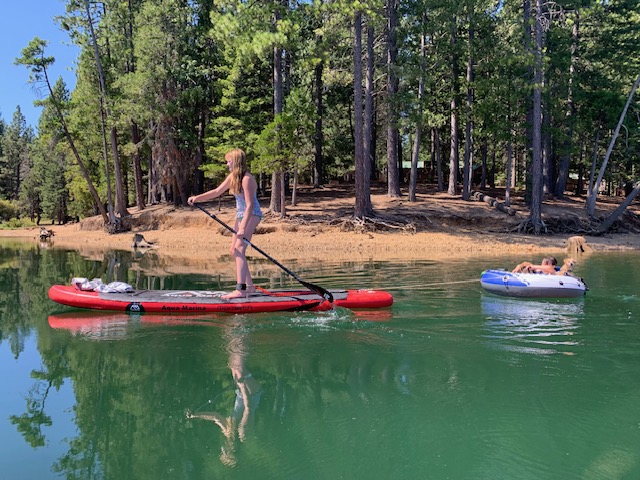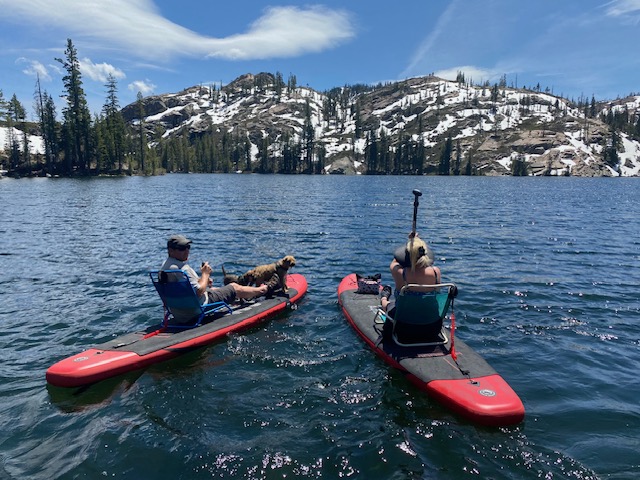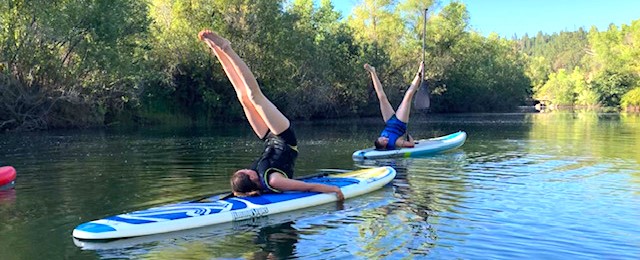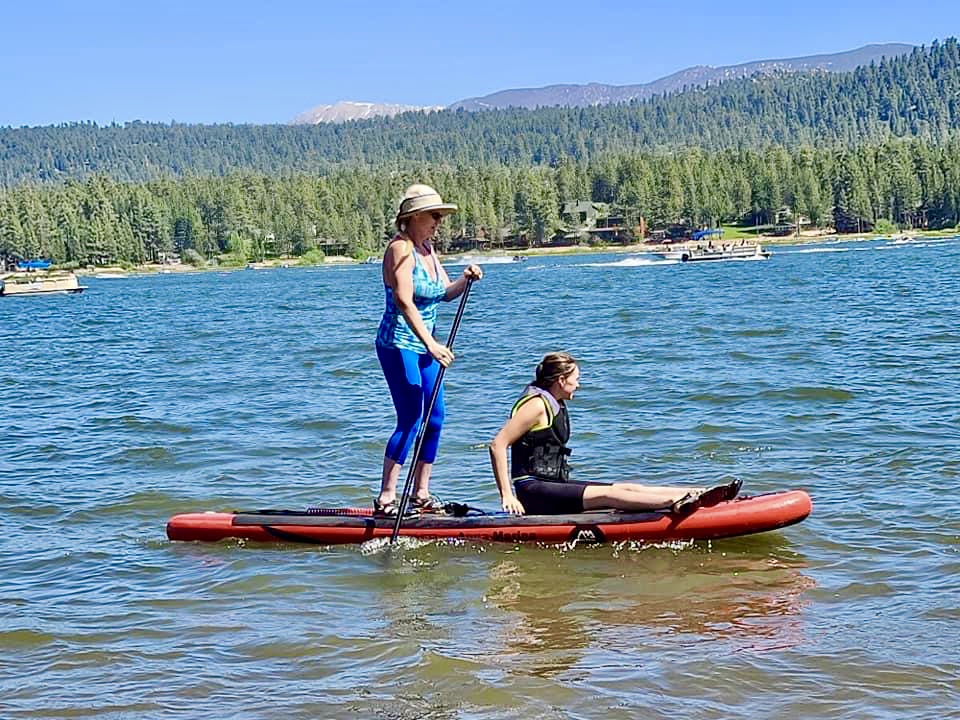What Does SUP Stand For?
When people ask, “What does SUP stand for?”, they are usually looking for one of five popular answers. Here are the most common uses in order from most likely to least likely:
- #1 - The abbreviation "SUP" in the context of texting or online communication: People often want to know that "Sup" is a shortened version of "What's up?" used in casual conversations.
- #2 - The meaning of "SUP" in the context of sports: Another common usage of "SUP" is to denote the water sport "Stand Up Paddleboarding."
- #3 - The use of "SUP" in business context: In business terminologies, "SUP" could be an abbreviation for "Supplier" or "Supply."
- #4 - The technological relevance of "SUP": In technology, "SUP" stands for "Software Update Point" and is a common abbreviation in IT and tech industries.
- #5 - The possible use of "SUP" in medical terms: In medical terminologies, SUP may stand for supine position or supplemental. However, 'SUP' is not a standard abbreviation in medicine.
Confused about some of the uses? Let’s dive in a little deeper.
The use of SUP in Texting
"What does SUP stand for?" In the world of instant messaging and social media, "sup" is the short form of "what's up?" It's a casual way of greeting someone or asking how they are doing. For example, you may send a message saying, "Sup? How's your day going?" This term is primarily used among the younger generation, particularly those comfortable with text abbreviations and internet slang. The positive aspect of using "sup" is that it saves time and effort and conveys a casual familiarity that can help keep conversations light and friendly.
The use of SUP in Sports
"What does SUP stand for?" In sporting terms, SUP stands for "Stand Up Paddleboarding." This is a super-fun, fast-growing water sport where individuals stand on a board similar to a surfboard and use a paddle to move through the water. An example of its use could be, "I'm heading out for a SUP session this weekend,” or “Wanna SUP with me this weekend?” Stand Up Paddleboarding is known for its health benefits, including improved balance, better cardiovascular health, and overall strength. It's also a calm and relaxing activity that can connect participants with nature.
The use of SUP in Business
"What does SUP stand for?" In the business world, SUP often refers to "Supplier" or "Supply." For instance, in a conversation about managing inventories, one might say, "We need to coordinate better with our SUPs to prevent stockouts." This term is important in business because suppliers play a key role in any company's success. An efficient and reliable supplier helps maintain good inventory levels, reduces costs, and enables smooth business operations.
The use of SUP in Technology
"What does SUP stand for?" In the field of information technology, SUP stands for "Software Update Point." It describes the component within a systems management suite that manages the distribution and updates of software. For example, "Our SUP needs to push out new security patches tomorrow." Keeping your SUP effectively managed is crucial in an IT system. It ensures software remains updated and secure, protecting against potential cybersecurity threats and improving system performance.
The use of SUP in Medicine
"What does SUP stand for?" Despite being a commonly used acronym in many contexts, SUP is not a standard abbreviation in medicine. However, in the healthcare industry, acronyms and abbreviations are widely used, so it's always important to clarify what they stand for to prevent miscommunication or errors. Some common ways that you may see this abbreviation in a medical chart or other medical documentation include:
- SUP - "Supine Position": This is a term used to describe the position of a patient. For instance, a medical professional might note that a certain procedure should be done with the patient in "SUP".
- SUP - "Supplemental": This term may be used in a clinical context. For example, "SUP oxygen" could be used to mean "supplemental oxygen".
Remember, these are not universally acknowledged or standard abbreviations, and clarity is critical in healthcare communication to avoid any errors or misunderstandings.
When you searched for “What does SUP stand for?” were you wondering how the acronym was used in sports? If not, don’t click away just yet… Here are 10 reasons that you may want to consider trying stand up paddle boarding.
Top ten reasons you may enjoy stand up paddle boarding
#1 - Beginner-Friendly: Stand up paddleboarding (SUP) is a super fun and accessible water sport that newbies can pick up relatively easily. It doesn't require a ton of money or extensive training or technical skills to get started.
- Read about the best way to get started.
- Read about our very favorite paddle board for people to get started with.
#2 - Low Impact Exercise: SUP is a low-impact sport, meaning it's easy on the joints, making it an ideal activity for those wanting a fun form of exercise without straining their bodies. Whether you have knee issues, arthritis, or a couple extra pounds, you can get a great workout while having so much fun you won’t even realize you are getting a workout.
#3 - Full Body Workout: It provides a full-body workout - improving balance, strength, and endurance. Paddling is great for the upper body, while maintaining balance engages your core and lower body. As they say, use it or lose it. Paddle boarding not only helps you build upper and lower body strength, but you also build balance skills and core strength that will make your entire life better.
#4 - Connection with Nature: SUP allows you to get out on the water and enjoy your natural surroundings. You can paddleboard on lakes, rivers, and oceans, enabling you to explore various beautiful landscapes. More and more research shows that getting out in nature is essential for good health. Sun, fresh air, grounding (connection to the earth) and the energy given off by trees all have a positive effect on your physical and mental health.
#5 - Versatility: It's a versatile sport — you can paddle standing up, sitting down, aggressive paddling or leisurely paddling, yoga on the board, even fishing or racing! There are plenty of ways to diversify your paddleboarding experience.
#6 - Mental Health: The peaceful and meditative nature of SUP can help reduce stress and increase mindfulness, contributing significantly to improved mental health.
#7 - Social Interaction: Paddleboarding can be a great social activity. Whether you're paddling with friends or joining a SUP group, it's a wonderful way to meet and interact with new people. We often will spend a week camping with friends at our local reservoir where the kids and adults all take turns (and often fight) over who gets to paddle on which board and where. There is nothing more fun than a delicious lunch on the SUP-access-only island in the middle of the lake with friends and family!
#8 - Improved Balance and Coordination: Regular paddle boarding significantly enhances your coordination and balance, skills that are transferable to many other aspects of life.
#9 - Suitable for All Ages: Whether you're a teenager or a senior, SUP can be modified and enjoyed at any level of intensity and at any age. Check out the huge smile on Julie’s 85-year-old mother’s face while she is out on the water! She loves paddling while seated comfortably in a reclining beach chair on a nice big paddle board. Her first venture was tandem with John paddling, but she quickly got independent on us and demanded her own paddle board!
#10 - Portable and Easy to Store: Modern paddleboards are often inflatable, making them portable and easy to store. This accessibility can make it easier for a newcomer to commit to the sport, as it doesn't require substantial storage space or a complicated transport set-up. We love inflatable paddle boards because they are so easy to transport and because it is such an inexpensive way to get started for those that are unsure if they will love being out on the water.
What does SUP Stand for? ...Not just SUP, but also SDP!
And remember, you don’t have to stand up. As you can probably tell from your name, we love paddle boarding standing up AND sitting down. In fact, Sit Down Paddle Boarding was born because we felt that many newbies such as yourself might shy away from paddle boarding if you didn’t realize that starting your paddle boarding adventure sitting down is not only most likely, but will also allow you to build up a strong set of skills as well as get a great work out and have a ton of fun… from your first time on the lake.
That is why we are coining a new acronym, SDP…. Sit Down Paddleboarding!
Sound like fun? Well grab a simple folding beach chair, a paddle and a paddle board and get started!
Don’t know how to paddle board?
Get started today by watching our How to Paddle Board Video Library!
We hope to see you out on the water!
